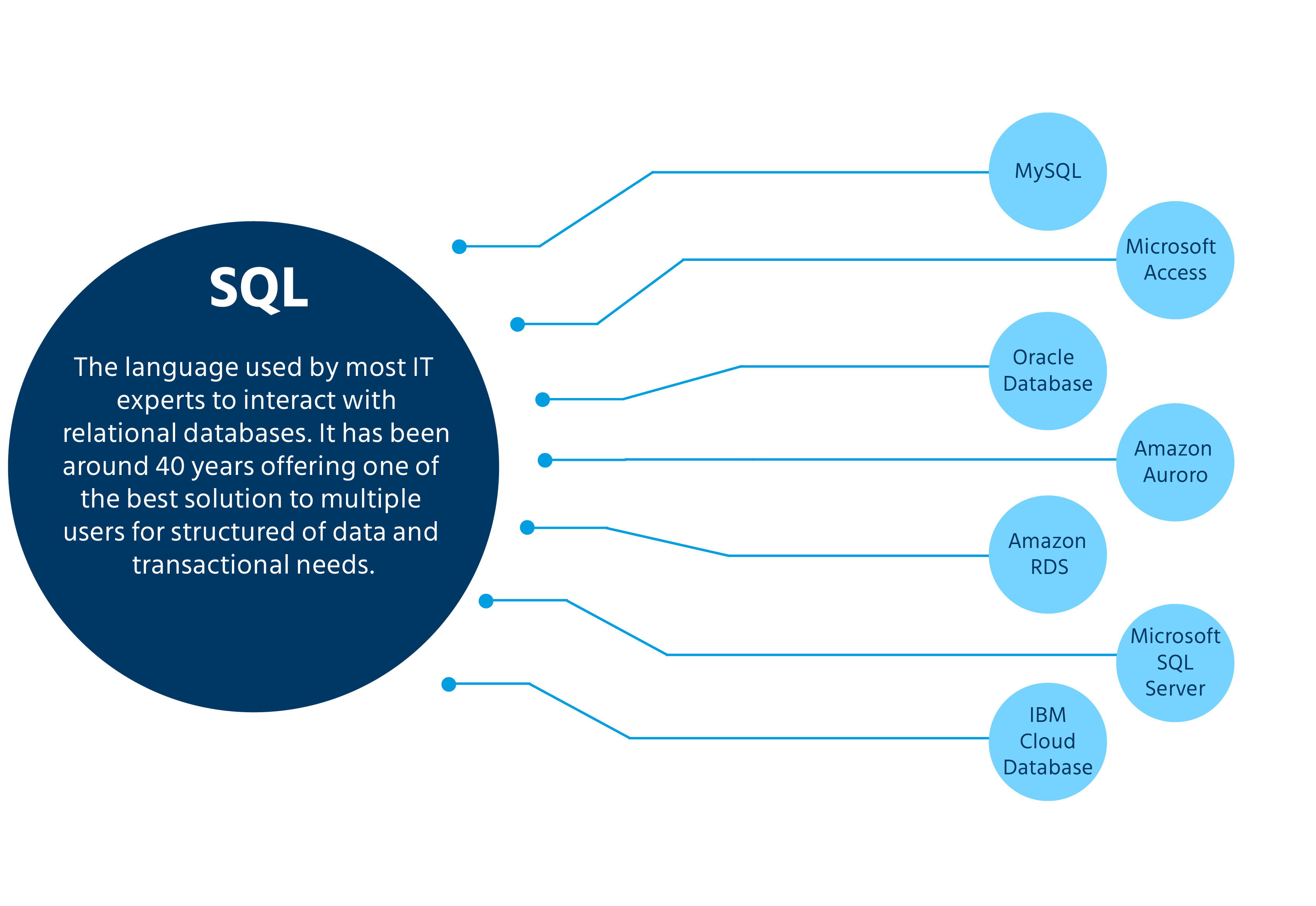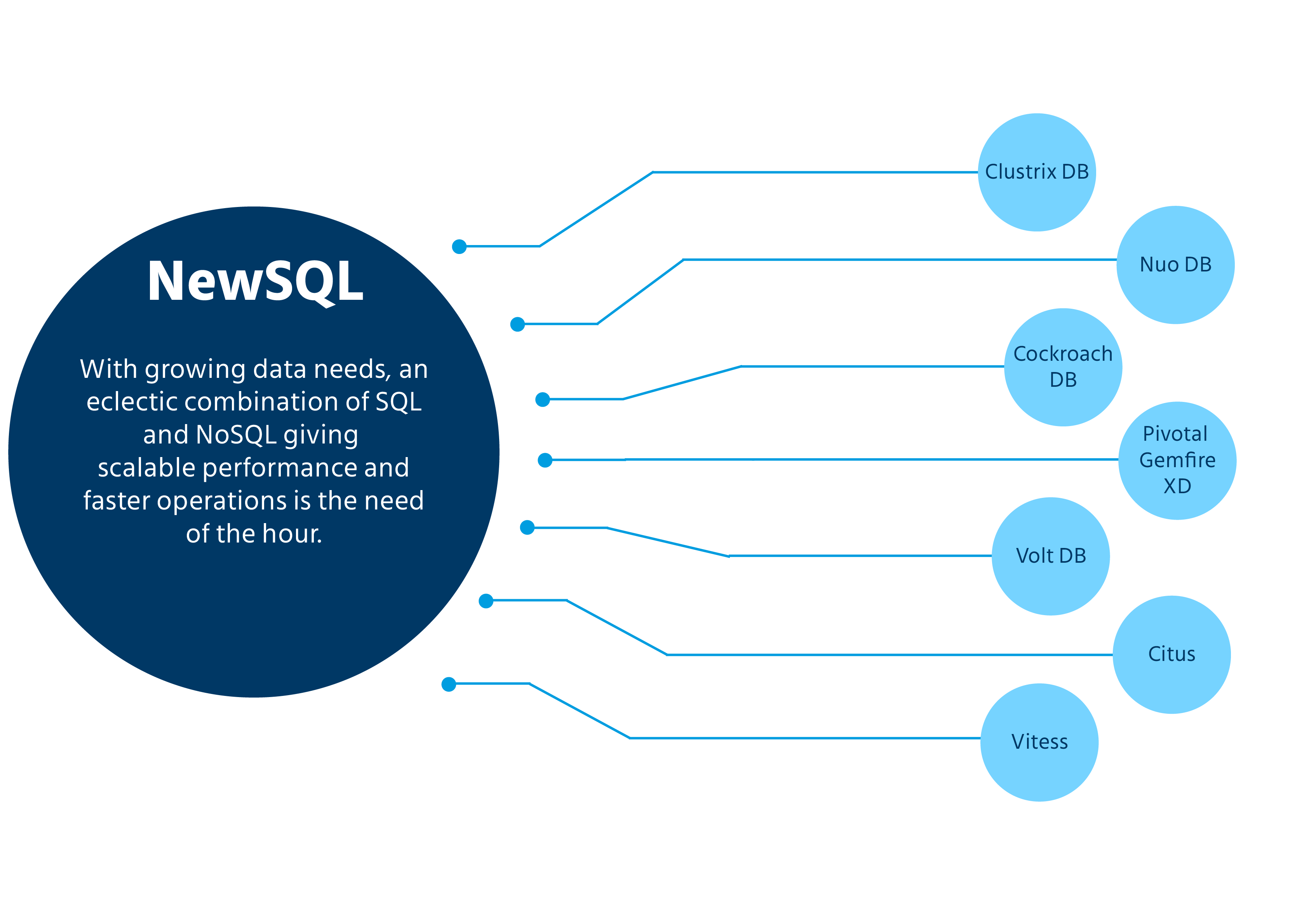- Products
Online Assessment Tools
Talent Assessments
Assess your talent holisticallyCoding Assessments
Find the best coders effectivelyHiring
Campus Hiring
Hire right talent from right campusOnline Hackathons
Innovate, ideate and engageLateral Hiring
Assessments to hire the best talentLearning and Development
Organizational Development
Find your most valuable employees360-degree Feedback
Easy-to-use feedback toolReskilling
Build a future ready workforce - Customers
Client Stories
FEATURED CLIENT STORY



A stellar story of safegaurding integrity for IIMB
Learn more about their experience
- Pricing
- Resources
Discover
Engage
FEATURED MASTERCLASS


Discover a host of game-changing solutions that help you weather any disruption, like the Covid-19 pandemic
Get Started
- Products
Online Assessment Tools
Talent Assessments
Assess your talent holisticallyCoding Assessments
Find the best coders effectivelyHiring
Campus Hiring
Hire right talent from right campusOnline Hackathons
Innovate, ideate and engageLateral Hiring
Assessments to hire the best talentLearning and Development
Organizational Development
Find your most valuable employees360-degree Feedback
Easy-to-use feedback toolReskilling
Build a future ready workforce - Customers
Client Stories
FEATURED CLIENT STORY



A stellar story of safegaurding integrity for IIMB
Learn more about their experience

















Would you like to comment?